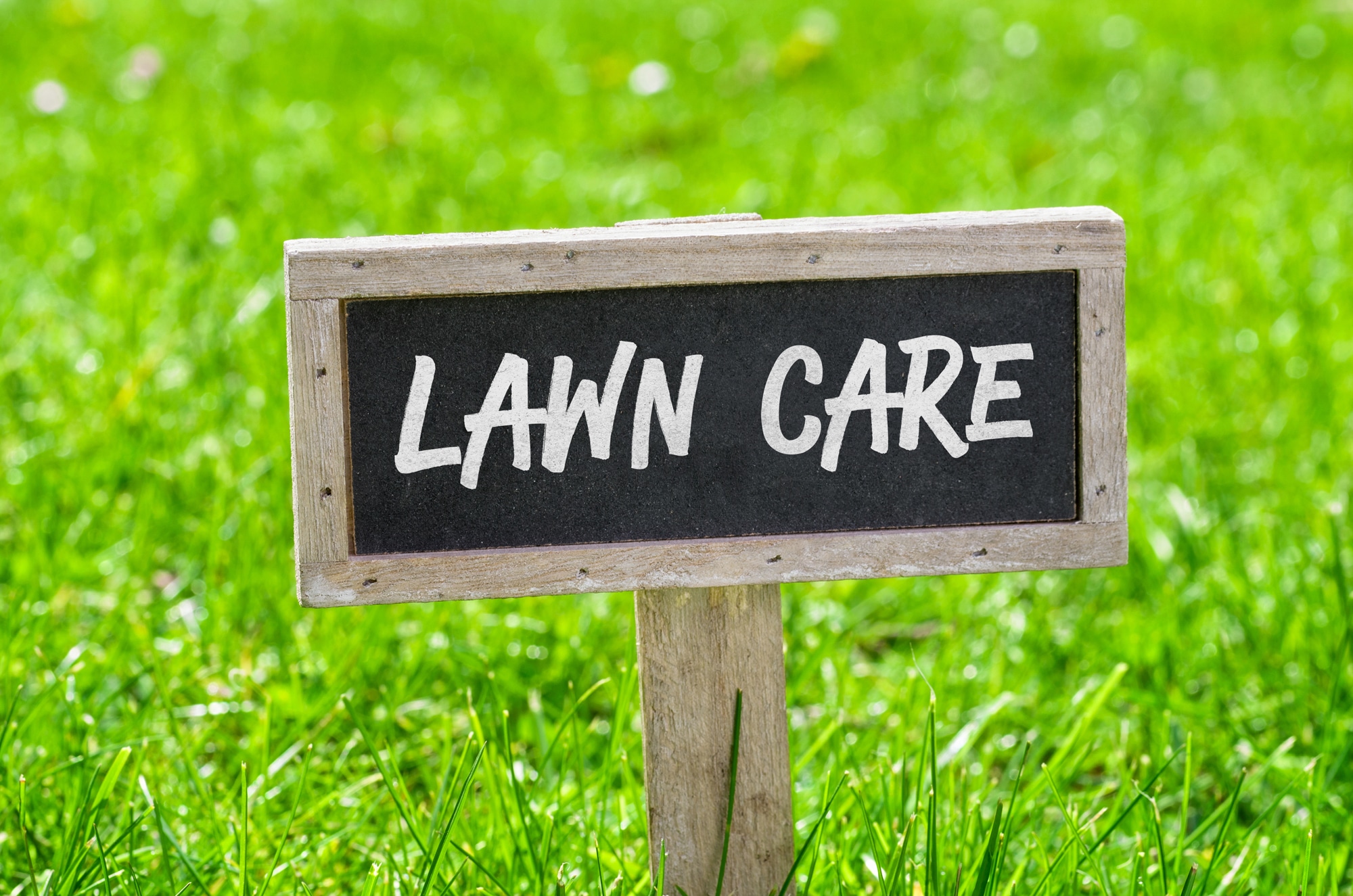
Spring is the best season to repair your lawn, sort out problems, and begin organic lawn care.
The most cultivated plant in the world is the grass that grows in your yard. In fact, nearly 18 million acres of land are landscaped with grass in the U.S., according to the EPA. Americans are so obsessed with keeping their lawns green that they collectively dump 70 million pounds of fertilizers and pesticides on it each year and use 30% of all available water irrigating it.
The organic guide to spring lawn care
When necessary, aerate your soil.
This will be most important the first few seasons when you decide to get your lawn off chemicals and treat it organically. Aerating removes inch-long plugs from the lawn to allow air and water into the soil. When you aerate for the first time and examine the plugs, you’ll notice that the soil near the grass roots is dense and probably clay-like when it should be dark brown and crumbly. Dark brown indicates soil tilth. The plugs are left to lie on the soil – as they break down they will begin to restore biological activity to your soil.
Build up the soil with organic matter
The easiest way to do this is to buy bagged compost, composted manure and peat moss at your local garden center. After you aerate, distribute the materials across your lawn just as you would a fertilizer. The manure, compost and peat will work its way into the soil via the holes the plugs have left and start to replenish the biological elements that are so sorely lacking from a chemically depleted lawn.
Your new weed killer and fertilizer is Corn Gluten Meal
Corn Gluten Meal is a by product of the corn milling industry and contains no synthetic chemicals. It’s a pre-emergent herbicide – that is, it interferes with root formation of the germinating weed seed so the weed can’t get started. CGM is not as powerful or as broad-spectrum as chemical weed killers, so it will take a few seasons to get your weeds under control with this method. On the upside, since Corn Gluten Meal is made from corn, and corn is a protein, as it breaks down it will feed your lawn with lots of nitrogen, the same substance you were using in its manufactured form to fertilize your lawn. Recent research indicates that lawn grasses only need nitrogen and not the other elements that are frequently found in commercial chemical fertilizers.
Water less
Organic lawns require less water, as once established the high volume of organic material in the soil allows it to hold moisture, making it more resistant to drought and pests. A good soaking from rain once a week or even every other week is sufficient hydration.
Consider an alternative to a traditional lawn
Replacing problem areas or less-used areas of your lawn with native plants is becoming very popular, as native plants attract wildlife, require little to no maintenance, and no additional water. Plant an alternative lawn and you’ll once again have Saturday mornings all to yourself.
Learn more about EvCC Sustainability! www.everettcc.edu/green
Mariya Zelenskyy – Media and Outreach Coordinator sustainability@everettcc.edu
